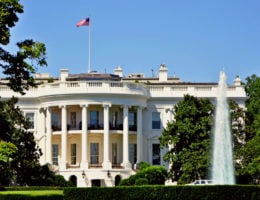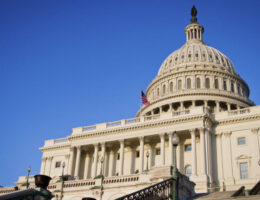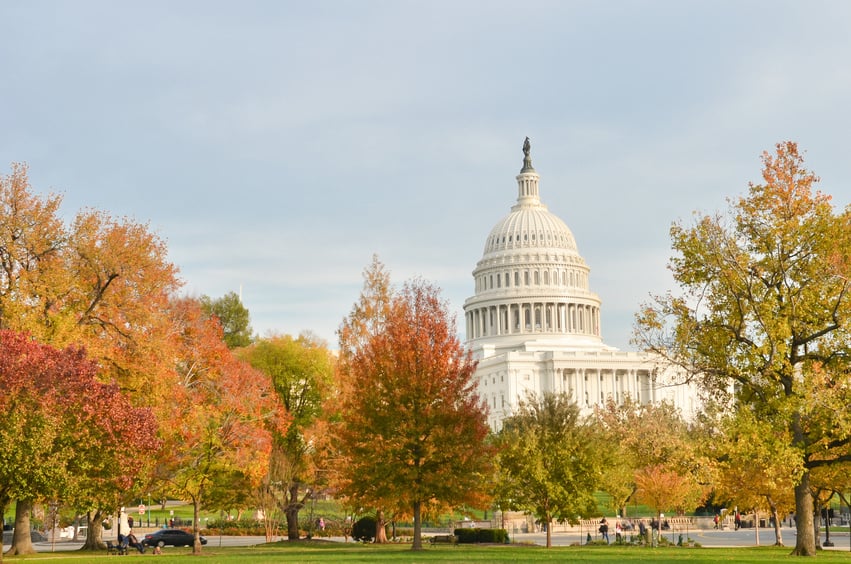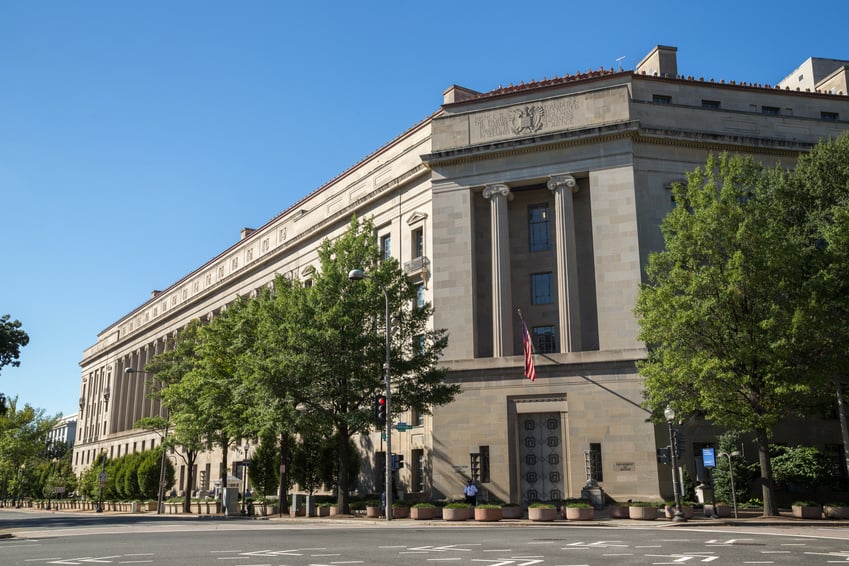On 22 March 2023, four defendants were acquitted of criminal wage-fixing and no-poach charges, resulting in yet another loss by DOJ’s Antitrust Division in its criminal pursuit of no-poach agreements.
On 22 February 2023, the US Department of Justice announced a new voluntary self-disclosure policy for corporate criminal enforcement in all 94 United States Attorneys’ Offices across the country. This new voluntary self-disclosure policy is a response to Deputy Attorney General Lisa Monaco’s 15 September 2022 Memorandum insisting all DOJ divisions develop a self-disclosure policy, to the extent one does not already exist. Other DOJ components, including the Criminal Division, have already taken steps to issue or update their own policies on this topic.
On 22 February 2023, the US Department of Justice (DOJ) announced a new voluntary self-disclosure policy for corporate criminal enforcement in all 94 United States Attorneys’ Offices (USAOs) across the country.
This new voluntary self-disclosure policy is a response to Deputy Attorney General Lisa Monaco’s 15 September 2022 Memorandum (“Monaco Memo”) insisting all DOJ divisions develop a self-disclosure policy, to the extent one does not already exist. Other DOJ components, including the Criminal Division, have already taken steps to issue or update their own policies on this topic.
On 27 January 2023, the Eleventh Circuit Court of Appeals issued its unanimous (3-0) decision in FTC v. Simple Health Plans, LLC, et al., No. 21-13116. This matter stemmed from an individual defendant’s emergency motion to dissolve a preliminary injunction that a district court had issued under Sections 13(b) and 19 of the FTC Act. The district court denied the emergency motion, and the defendant appealed.
On 3 February 2023, the US Department of Justice announced the withdrawal of three antitrust policy statements that allowed certain information exchanges between competitors in healthcare markets. The day before this announcement, Principal Deputy Assistant Attorney General Doha Mekki of DOJ Antitrust Division warned that DOJ would reconsider these outdated policy statements in light of recent changes in the healthcare industry.
In its first criminal no-poach prosecution to result in a penalty against an individual, the US Department of Justice has entered into a pretrial diversion agreement that requires the defendant to complete 180 hours of community service, refrain from any criminal activity or unlawful drug use, and surrender his passport for six months. In exchange, the defendant will not be incarcerated or face further penalties in connection with the underlying no-poach charges. While the penalties are not severe, they constitute the first time that penalties have been assessed against an individual defendant and have important implications for corporate officers, directors, managers, and HR professionals.
On 6 December 2022, the US Department of Justice announced the unsealing of an 11-count indictment filed in the US District Court for the Southern District of Texas charging 12 individuals from Texas and Mexico in a violent conspiracy to monopolize the transmigrante industry in Texas.
In the wake of US Supreme Court precedent in the 2021 AMG Capital Management LLC v. Federal Trade Commission decision, the FTC is doubling down and expanding its enforcement efforts to target executives, directors and owners, including private equity, in an effort to hold accountable anyone profiting from anti-competitive conduct or conduct harmful to consumers. William Roppolo, Ashley Eickhof and Annasofia Roig explores this issue in an article published in Law360.
On 10 November 2022, following a 3-1 vote, the Federal Trade Commission issued a policy statement expanding its interpretation of the scope of unfair methods of competition under section 5 of the Federal Trade Commission Act. Section 5 of the FTC Act prohibits “unfair methods of competition,” which covers conduct that violates antitrust laws or section 5 itself.







